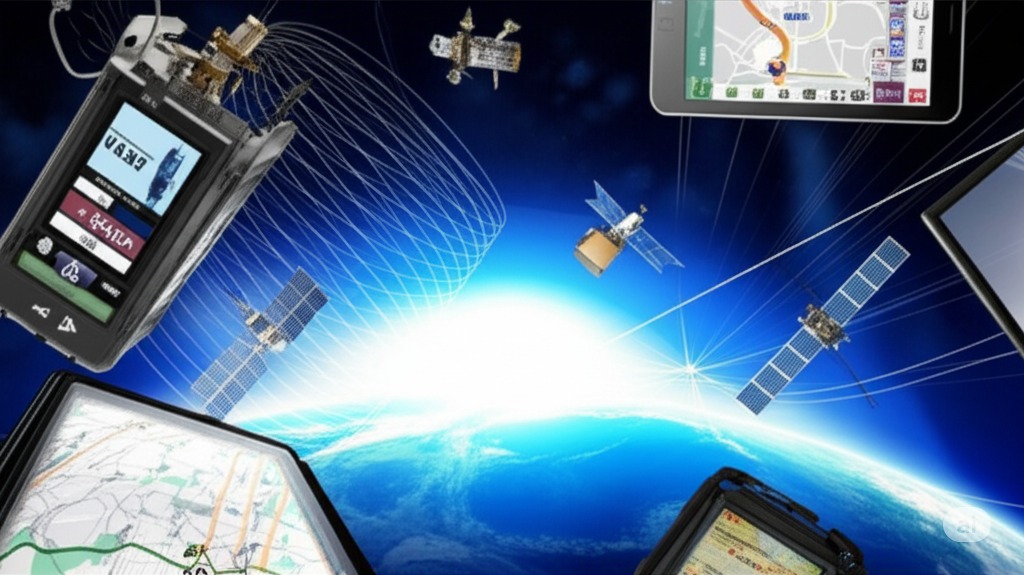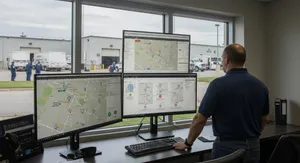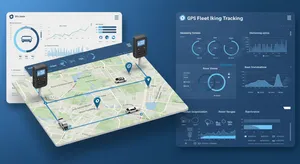Feature Categories
- Real-Time GPS tracking with 30-second updates
- Vehicle diagnostics monitoring through OBD-II connections
- Driver behavior analysis using accelerometer data
- Maintenance scheduling based on mileage and engine hours
- Reporting tools that analyze historical performance data
GPS tracking features reduce fuel costs by 10-15% through route optimization and idle time monitoring. Maintenance scheduling prevents breakdowns and extends vehicle life spans by 20-30%.










